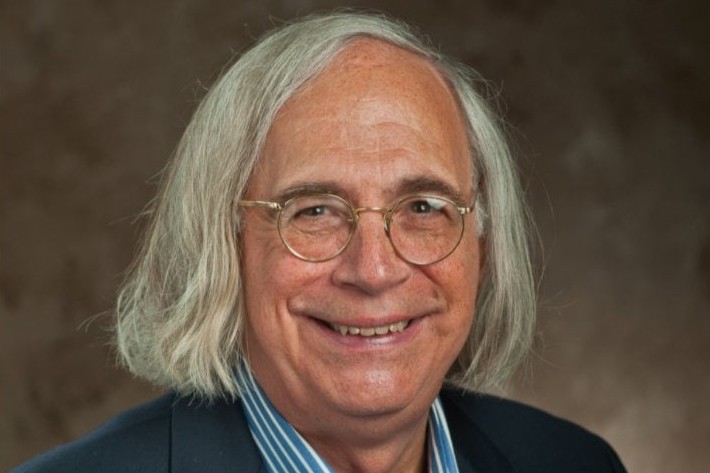The Toolbox Dialogue Initiative Center (TDIC) has been traveling: first to Sydney, Australia, and then Utrecht in the Netherlands, where the 2024 Global Alliance for Inter- and Transdisciplinarity Conference (ITD) took place.
TDIC @ MSU CAL
TDIC is a consulting and research group housed in MSU’s College of Arts and Letters. They work with crossdisciplinary research teams, helping them build collaborative capacity through team science workshops and by providing communication support. TDIC also conducts theoretical and empirical research on crossdisciplinary collaborations. This past semester TDIC was invited to present at the Global Alliance for Inter- and Transdisciplinarity (ITD Alliance) conference to share their new theoretical frameworks and research findings stemming from their work on convergence conducted with support from the National Science Foundation (NSF).
TDIC: Abroad
Executive Director Michael O’Rourke, has been collaborating with the ITD Alliance Oceania Regional Network, which aims to increase knowledge sharing among people engaged in inter- and transdisciplinary practice, research, and education in the Oceania region. In Sydney, Australia, Dr. O’Rourke gave several seminars, including “On the Nature and Practice of Crossdisciplinary Integration”, in which he highlights an input-process-output (IPO) model of integration and conceptualization, emphasizing the value of thinking in terms of integrative pathways and mechanisms. This way of thinking is important for facilitating crossdisciplinary integration in complex research problems.
Meanwhile, in Utrecht, Associate Directors Marisa Rinkus and Chet McLeskey attended the 2024 ITD Conference, organized by the ITD Alliance, Utrecht University, and Swiss Academies of Arts and Sciences’ Network for Transdisciplinary Research. They presented the conceptualization and operationalization of convergence research from their experience working with NSF funded teams, specifically with the Growing Convergence Research (GCR) program. Furthering the theoretical foundation, Dr. McLeskey presented a perspective on the nature of convergence along with four models of convergence drawn from the literature that relate to the standard spectrum of crossdisciplinary research modalities (e.g., multi-, inter-, and transdisciplinarity). Based on data collected from interviews with NSF GCR project leaders, Dr. Rinkus presented on how teams are intentionally fostering a convergence culture through the integration of knowledge, methodology, and social relationships .
Impact of team science
The grand challenges we now face cut across multiple epistemic boundaries, for this reason disciplinary and sectoral diversity is essential for addressing these multifaceted challenges. Given this diversity, team members can struggle to communicate with one another because they are trained to understand problems differently. By identifying and discussing these dimensions of difference, TDIC helps crossdisciplinary research teams move towards mutual, build trust, and cultivate a shared vision.
TDIC’s communication support for many National Science Foundation-funded teams enhances their problem-solving skills to improve the effectiveness of their collaboration. By creating a reflexive and dialogic communication culture, TDIC helps interdisciplinary research teams maintain successful long-term collaborations to drive impactful change.


